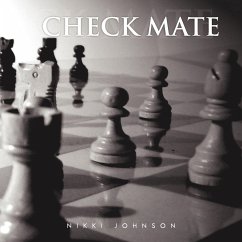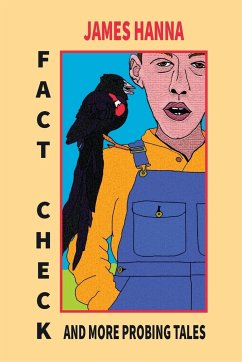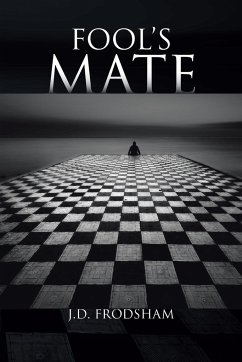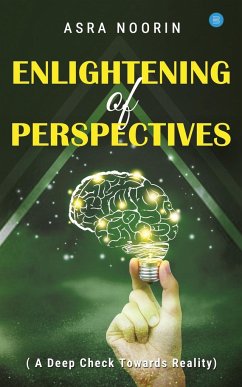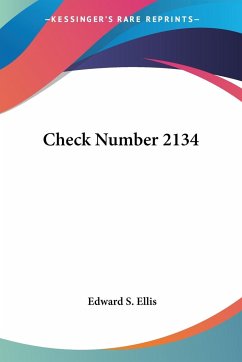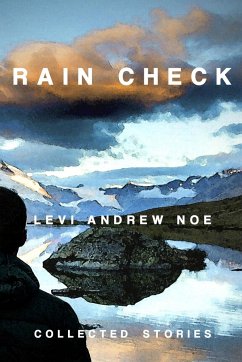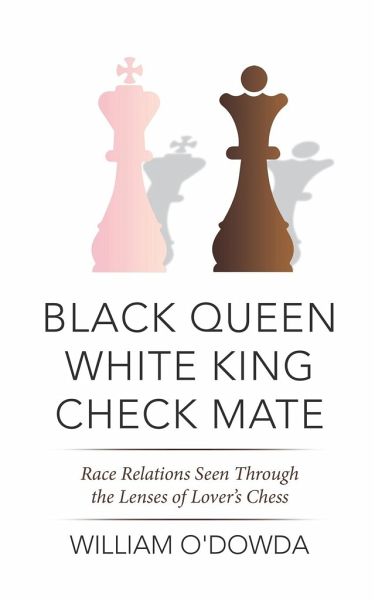
Black Queen White King Check Mate
Race Relations Seen Through the Lenses of Lover's Chess
Versandkostenfrei!
Versandfertig in 1-2 Wochen
17,99 €
inkl. MwSt.
Weitere Ausgaben:

PAYBACK Punkte
9 °P sammeln!
First and foremost this is a love story, although the multiple endings fragment the romance into a tragedy and a comedy as well. It is a true story, autobiographical. But it doesn't mention any names. No one is really sure exactly what happened. We may never know? When we do, a sequel could be on the cards! The white groom is writing the story as he sees it, adoring his black bride. He relates the traditional rites of passage and compares them to modern conventions. But after the Lobola is paid, expectations do not materialize, so it gets complicated. Readers can decide which of multiple endin...
First and foremost this is a love story, although the multiple endings fragment the romance into a tragedy and a comedy as well. It is a true story, autobiographical. But it doesn't mention any names. No one is really sure exactly what happened. We may never know? When we do, a sequel could be on the cards! The white groom is writing the story as he sees it, adoring his black bride. He relates the traditional rites of passage and compares them to modern conventions. But after the Lobola is paid, expectations do not materialize, so it gets complicated. Readers can decide which of multiple endings they like best - which they are inclined to believe. In the end the narrative moves to deep reflection and lessons learned, looking for some value in the experience. The story gives you goose bumps at times, it makes you laugh, it makes you cry, and it might make you cuss. But it will open your eyes. The themes of racism, xenophobia, alcohol abuse, tribal authority and gender rights all come into play on the South African checkerboard of love. As another write once famously said: All's fair in love and war.




